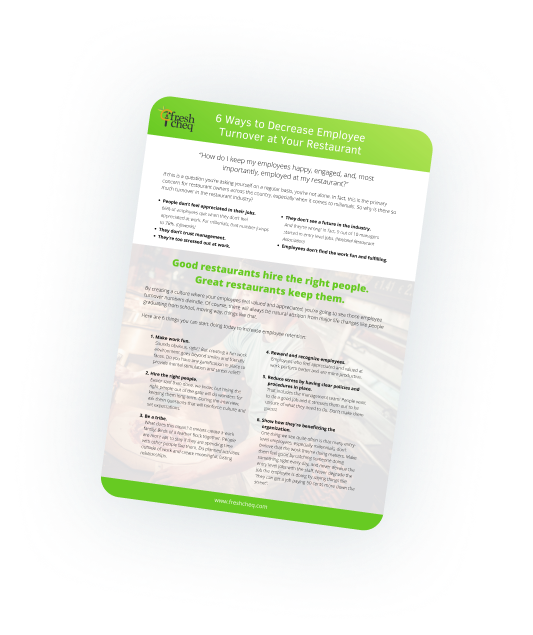Operational marketing doesn’t have to be a one-size fits all approach. It can be used as much or as sparingly as necessary. As mentioned in the article, Operational Marketing Should Be the Heart of Your Business, operational marketing has many aspects involved. Let’s take an in-depth look at some of those aspects.
Planning
This involves marketing strategy as far as planning campaigns, advertising, and your yearly marketing “road map”. Planning also organizes your marketing strategy to fit with your product. This is done so that you don’t invest time on developing a plan that doesn’t match what you are trying to sell or promote.
Budgeting
Optimize your entire marketing process. This includes:- ROI: Are your marketing efforts giving you a return on investment? If not, then why?
- Sending MQLs to the sales team: Operational marketing focuses on building specific processes to ensure efficient marketing practices. One of those practices is to send inbound marketing leads through the proper channels.
- Using email marketing and social media marketing as tools to reach your target market.
- Determine who does what -- define and designate tasks to their team members to ensure that the right people are completing tasks that best suit their talents or strengths.
- An example of this being a content marketer would do the majority of the content creation, publishing, and promotion. You wouldn’t ask the social media marketing team to write blog posts about the product or service you are trying to sell.
- Be attentive to results -- track and measure the performance and effectiveness of marketing campaigns. Did they meet the goal or outcome set forth in the planning stage? If not, why? What could be done differently to have alternative results the following month?
- Monitor performance reports -- what content is performing better than others?
- Social Monitoring: How many views, likes, shares are social posts receiving? Monitoring and listening to what your target audience has to say and responding in a timely manner.
- Make sure that marketing deadlines are met -- develop a timetable or schedule that determines what is being published or completed and stick to that schedule as closely as possible.
Click here to learn more about how to effectively market YOUR restaurant!



